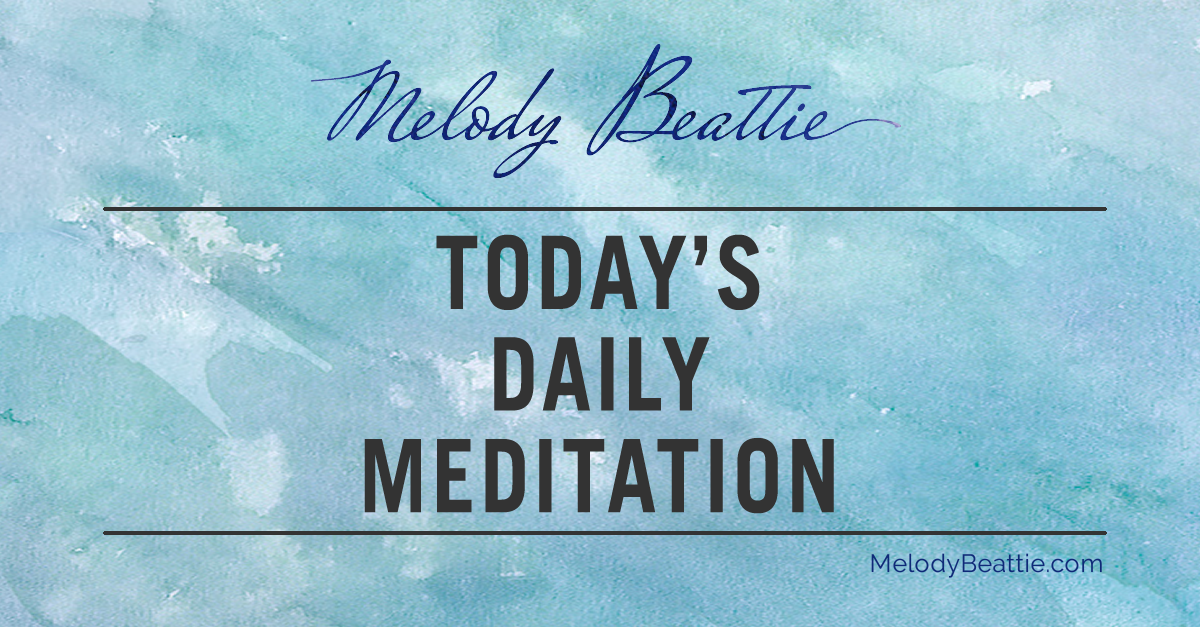Bringing Heaven to Earth
October 27, 2019

“Choices? Hard calls?” a friend, Dan Cain, said one day. “They’re really not that difficult. Initially I made my choices based on what was best only for me. By that I mean my choices were self-serving, compulsive. Me, me, me. Later, with some luck, and having lived a long enough life, I reached the realization that life is paradoxical. The less emphasis on me, the more there actually was for me.
“All the clichés are true,” he said. “Tell the truth, you won’t have so much to remember. There’s no free lunch. You get what you pay for. If you set out in search of God, be sure to pack a lunch. If you simply practice the Golden Rule, God will come to you.”
They help hold the world and the heaven together, wrote the poet Li Bai when he saw the nine brilliant mountains and ninety-nine peaks of Jiuhua Shan—holy mountain number two.
“I can already tell that this is going to be my favorite mountain,” Joe said when the bus pulled into the village that sat tucked at the mountain’s base.
I didn’t know it yet, but Jiuhua Shan was going to be my favorite, too.
It was raining when we began climbing the steps. The higher the altitude, the tougher the climb. At 1,342 meters, this climb would be more intense than the last. Focusing on each step helped. The stairs led up, then they’d wind back down. Ugh, I’d think. Whenever we go down, it means we have to go back up again.
We climbed for hours, and then stopped at a stand to rest. The incline was steep now. It was like climbing a ladder into the heavens—straight up, with very steep and narrow steps. Each step required more energy and more focus than the last.
He appeared from nowhere—a thin man, carrying wooden beams on his back. He couldn’t have weighed more than 155 pounds. He didn’t look that strong, but he was determined to carry what looked like almost his weight—or more—in wooden beams up those steps.
“For temple at top,” he said, nodding and smiling.
We got into a pattern with him, stopping at the same snack stands, and then getting back on the stairs again. At one stand, Joe and I bought him a banana and a soda.
“It’s the least we can do,” Joe said. “I can’t believe you’re carrying all that weight up these steps.”
I marveled at the man’s strength and determination as we neared the top of the peak. I was exhausted, strained beyond what I felt I could endure by the altitude and the sheer severity of the climb. Each step taxed every muscle and fiber in my body. Yet somehow I was given the strength to keep climbing.
So was he.
I looked at the pile of bills I had tucked away in the drawer. The marriage had left me fifty thousand dollars in debt. I earned eight hundred dollars a month, and I had two children to support. How would I ever do it?
By making a decision to take responsibility for yourself, that quiet voice said. By doing the best you can. By taking it one step at a time. Slowly I chipped away at the bills. I talked honestly with my creditors. At some point, a force set in. A momentum was gained. I reached the top of that mountain. I became debt-free.
This force worked the other way, too. When I was addicted to alcohol and drugs, I wondered how I would get my next fix. From the middle of nowhere in St. Paul, Minnesota, in 1969 I was able to find heroin, cocaine—every drug I needed to keep getting high.
Whenever I made a choice for good or for ill, that choice itself had been the starting point. A force then kicked in that moved me along, bringing to pass the events I needed to turn a simple thought into reality. Like climbing the mountain, the journey might have strained and taxed me, evoked powerful emotions along the way. But in retrospect, what had looked impossible repeatedly became a possibility by the choices I made.
I watched the man reach the top of the mountain carrying the wooden beams on his back. Ordinary people are capable of extraordinary deeds—good or evil—by making a choice and then taking one step at a time.
We reached the top of the mountain, looked around, and then rested for a while. When we made it back down to the village, it was dark. We stopped at a small grocery store to buy something to eat for supper before returning to the guest house at the monastery. I selected three items—a package of cookies, a container of dehydrated noodle bowl, and a banana. The man behind the counter totaled my purchases. He wrote the amount I owed him on a slip. I looked at it, and then figured out the dollar amount he was asking for in American currency. Twenty dollars for soup, cookies, and a banana? I argued with him about the price. He insisted twenty dollars was right. I was in a bind now. This was the only grocery store open in town and I was starved. I pushed the items back toward him on the counter, shook my head no, turned, and began walking out the door. He started hollering at me, and then wrote some new numbers down on a piece of paper. Now my purchases totaled $2.50. That’s more like it, I thought.
Early the next morning, we boarded the bus to return to Wuhu. The bus was about half-filled with passengers. A group of us watched with amusement as one woman diligently managed to keep other passengers from sitting next to her. She had placed her purse in the seat next to her. Each time we stopped to let more passengers board, they would walk to where she sat, look at the empty seat next to her, notice it filled with her purse, then walk away and select another seat. She didn’t look up. If they stood there too long, looking at the seat occupied by her purse, she would just point at her purse as if to say, You can’t sit in that seat. It’s occupied.
Finally all the seats on the bus were filled except for the seat next to this woman, the one occupied by her purse. The bus stopped. A girl about thirteen boarded. She was pretty, dressed in the latest fashionable sneakers and jeans. She had a sweet, innocent look about her. She walked to the one available seat, next to this woman, and then noticed the woman’s purse in it. The woman shook her head no, pointing to her purse. The girl stood there waiting, looking confused.
The bus driver had obviously been watching this woman, too. He put the bus in park, stood up, walked back to the seat occupied by the purse, snatched up the purse, put it in the woman’s lap, then motioned for the girl to sit in the seat where the purse had been.
The passengers began applauding. The woman looked embarrassed and uncomfortable. At the next stop, she scurried off the bus.
As the bus took me farther and farther away from the village, I noticed a sadness settling in. By the time we arrived back at Wuhu, I was downright agitated and depressed. It surprised me, because whatever feeling I had experienced at Jiuhua had been so subtle that I hadn’t noticed it until it was gone.
That’s what it is, I thought. Visiting Jiuhua had been like visiting heaven. Now that I was gone, I missed the feeling I had found so naturally there. What the guidebook had said had been true: a palpable spirituality permeated the air. This depression, this heaviness,, this agitation is the emptiness we feel when we’re away from God.
Manipulation. Lies. Con artists. Everyone wants something for themselves. People betray each other. And sometimes we betray them and ourselves.
People can be so loving, so kind. They can also be downright mean.
There’s a lot of gravity on planet earth.
It’s easy to look around and think, I’ve got to be careful. Just do for me and mine. Or we notice the emptiness inside ourselves, see an ad for that new car, and think, “Oh, that’s what will make me happy and fill this empty spot.”
What most of us really want is not just more things or another relationship. As Rabbi Philip S. Berg says, we want our relationships, work, and possessions to be part of our happiness.
We want our choices to work.
Every religion in the world and every spiritual program that I’ve studied, been involved in, or practiced has espoused one consistent truth: the place where we’re farthest away from heaven is when we’re only serving ourselves—when we’re wanting more and more of everything and just wanting it for ourselves. Whether we call it self-serving, plain selfishness, or self-will, it’s the same unhappy place.
Don’t take my word for it. Try an experiment. See for yourself. Go to the grocery store. Buy all the trimmings for a Thanksgiving dinner. Then cook a turkey, potatoes, gravy, stuffing, and a pie. Don’t forget the cranberries. Now sit down at your table and eat that dinner alone—all by yourself.
Not much fun, is it?
Now invite some family or friends over—maybe a couple of strangers, too. People who are hungry, lonely, tired, or poor. Invite them to partake in your feast. Talk with them. Laugh. Be genuinely interested in them.
See what I mean?
It’s the old-fashioned way. It’s been around for years. If you’re thinking of yourself and wondering why you don’t have enough, better, or more—the secret is to be of service to somebody else.
In this section we’ll look at stories about people who made choices that served others and reflected reasonable concern for themselves. Intentions are a powerful force. We can react to all this misery and hatefulness by becoming selfish, mean and self-serving, or we can take action and become a cause for love.
Making that hard call is how we create heaven on earth.
From the book: Choices: Taking Control of Your Life and Making It Matter
The post Bringing Heaven to Earth appeared first on Melody Beattie.
About the author

In addiction and recovery circles, Melody Beattie is a household name. She is the best-selling author of numerous books.
One of Melody's more recent titles is The Grief Club, which was published in 2006. This inspirational book gives the reader an inside look at the miraculous phenomenon that occurs after loss--the being welcomed into a new "club" of sorts, a circle of people who have lived through similar grief and pain, whether it be the loss of a child, a spouse, a career, or even one's youth.
For more information about Melody and her books, visit the author's official website
